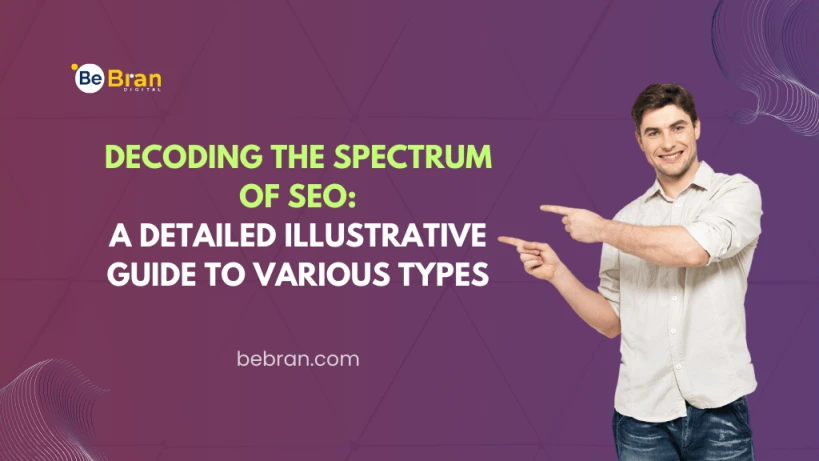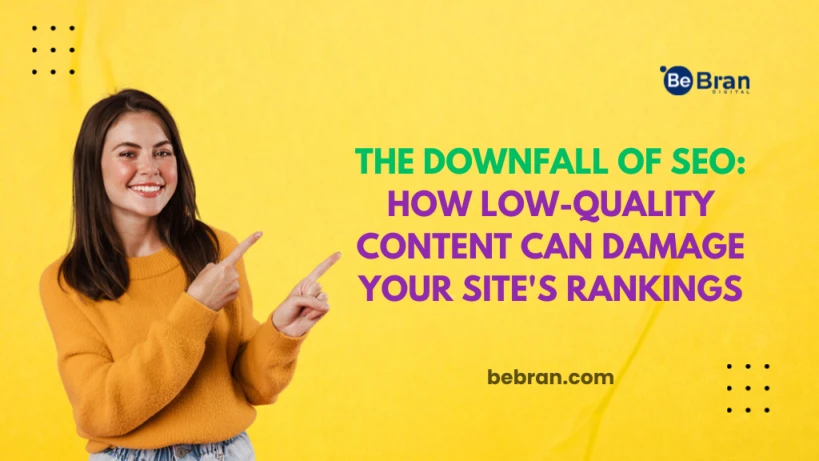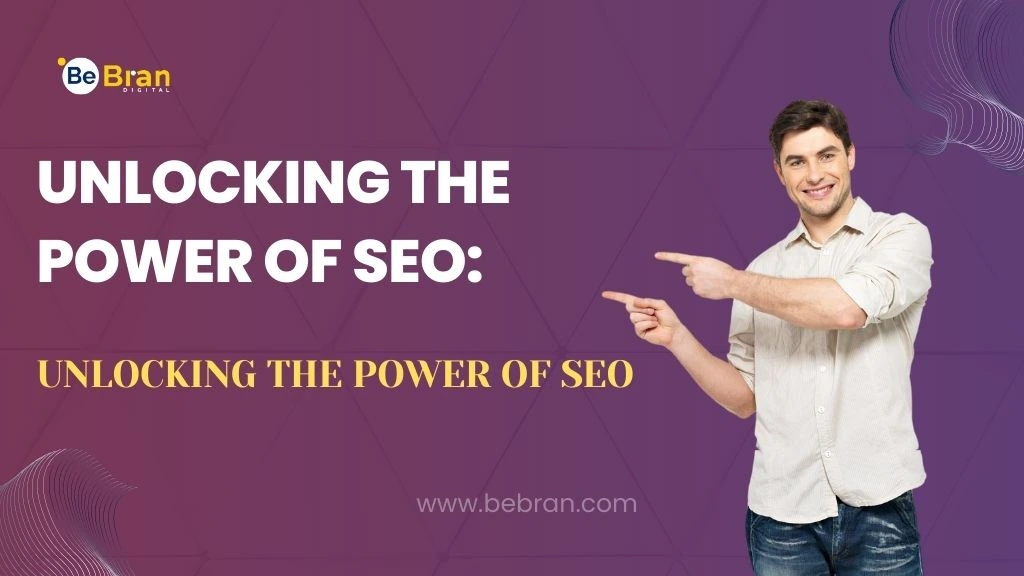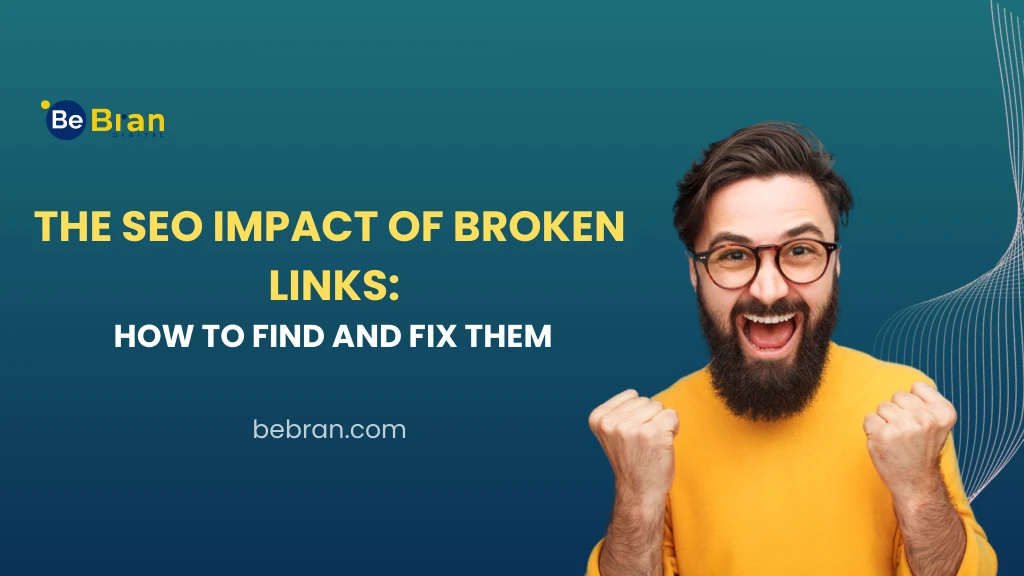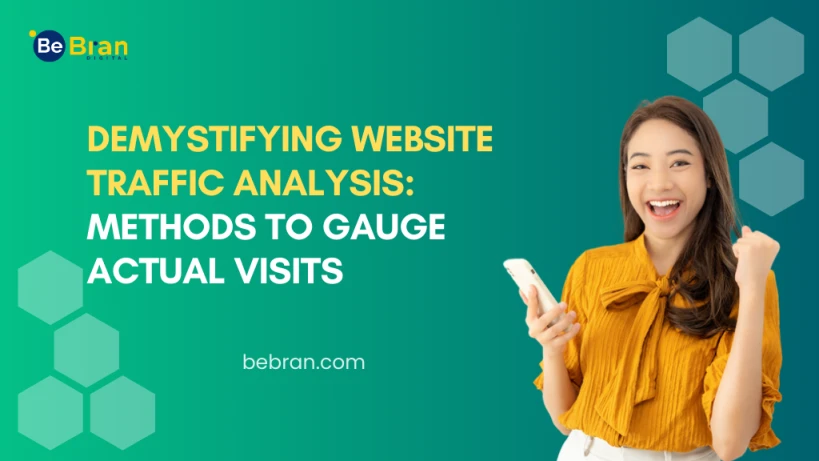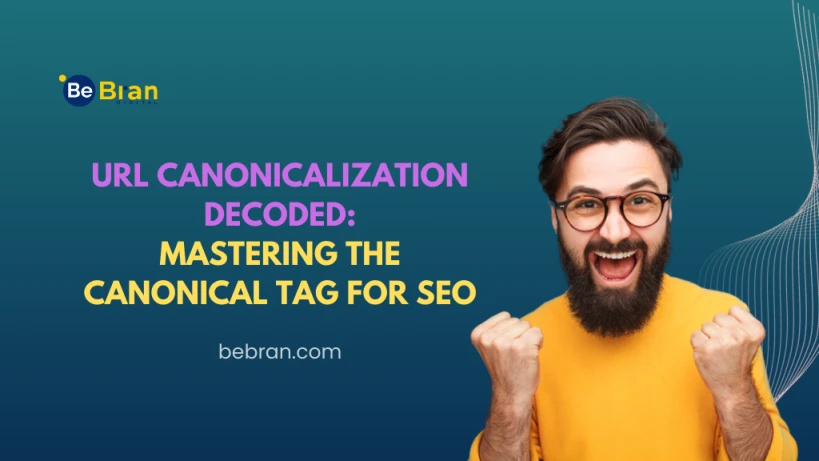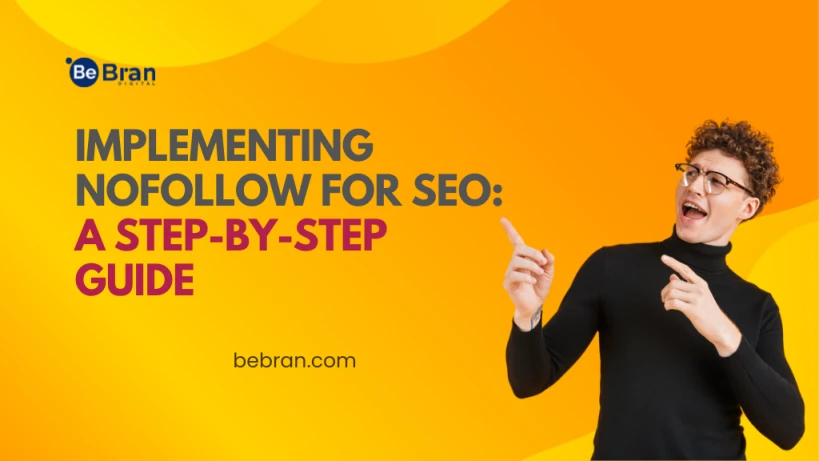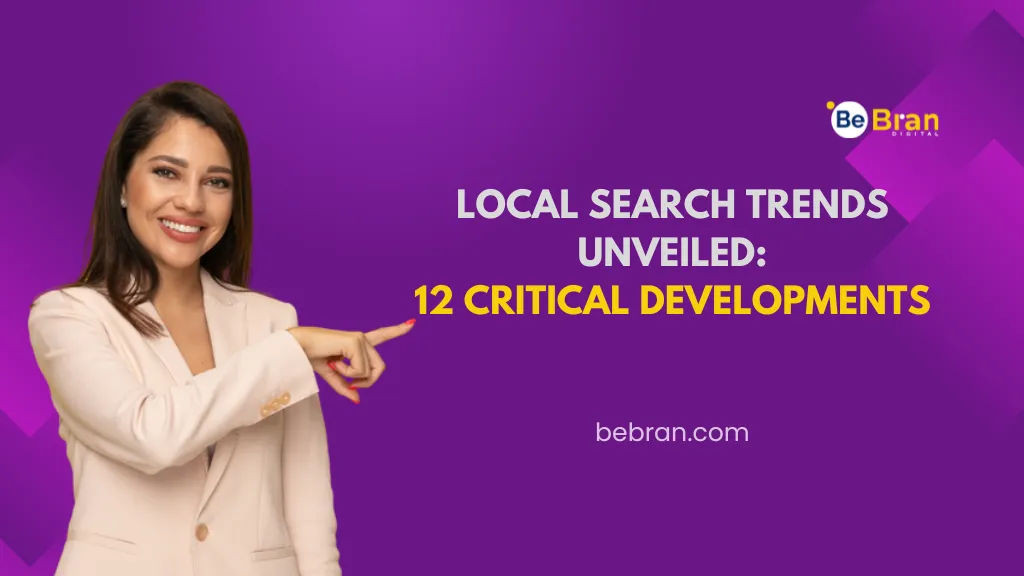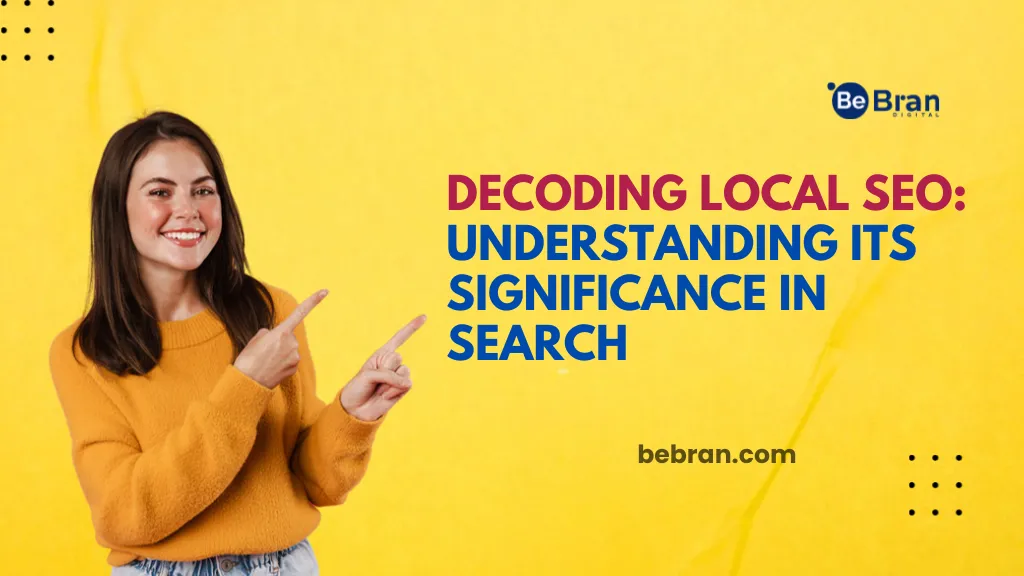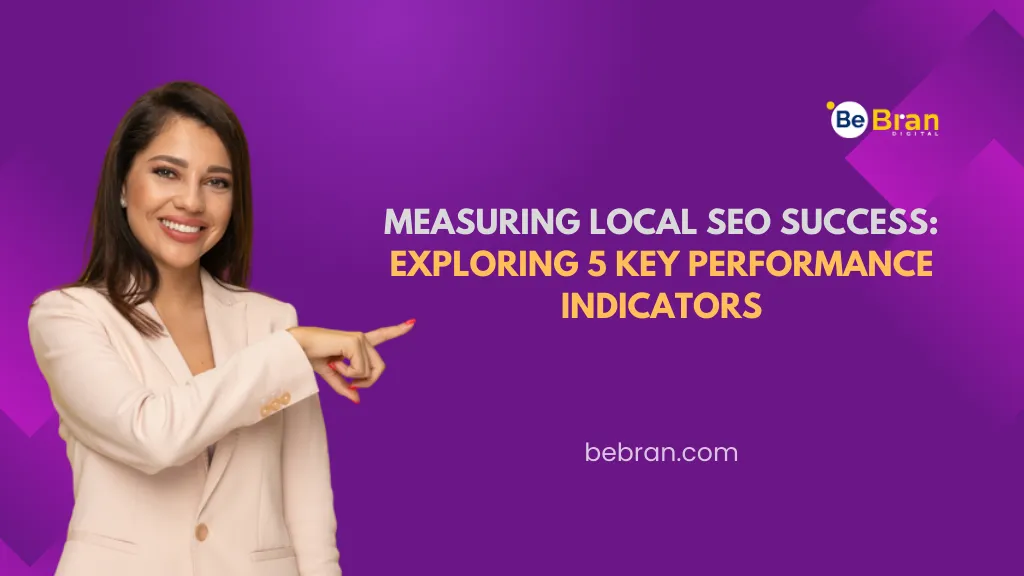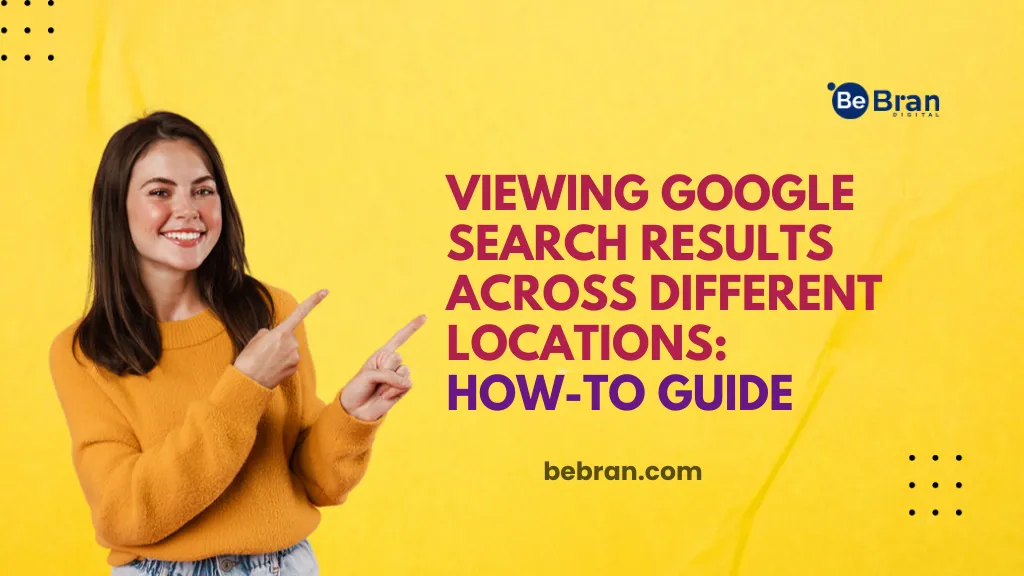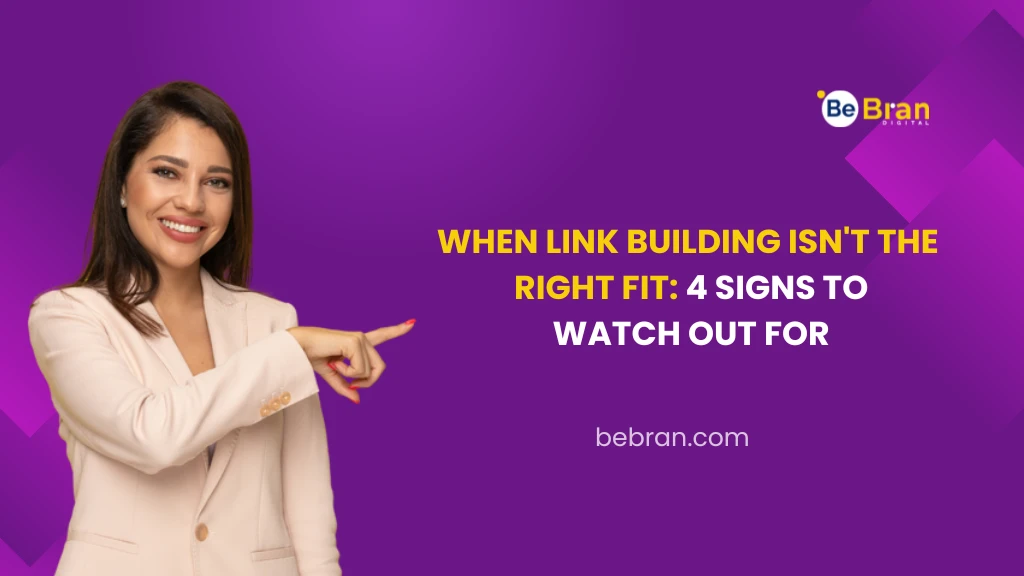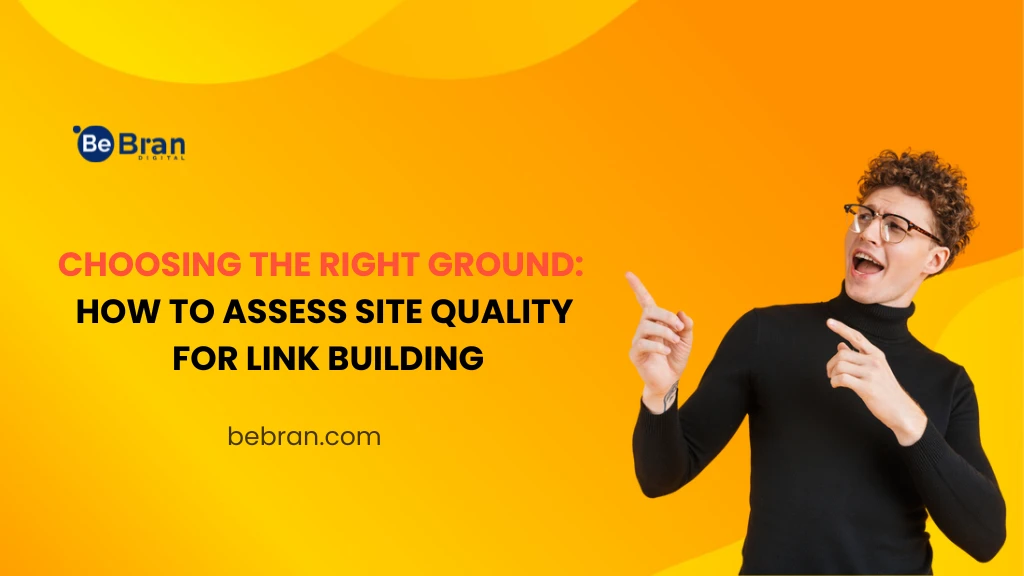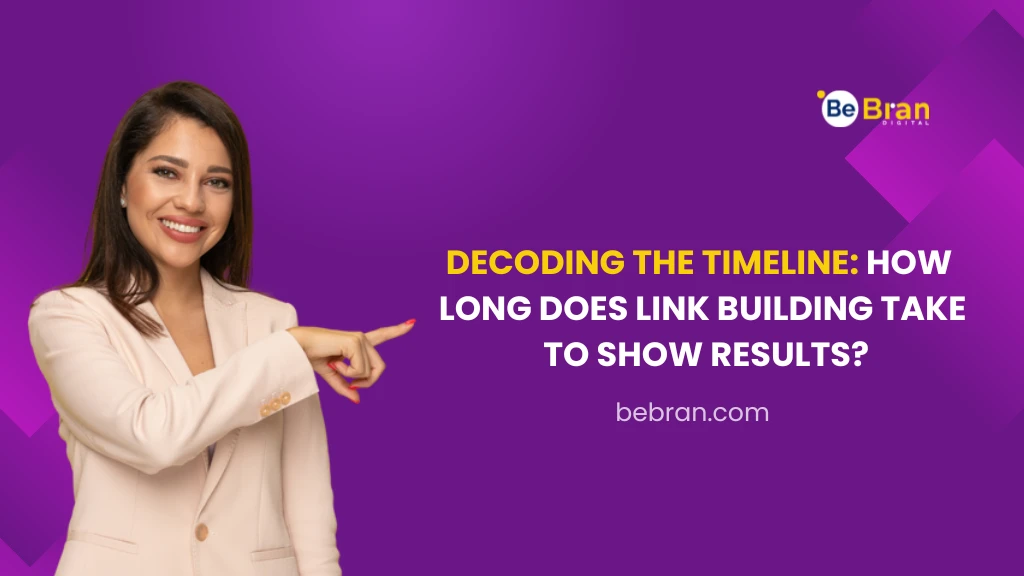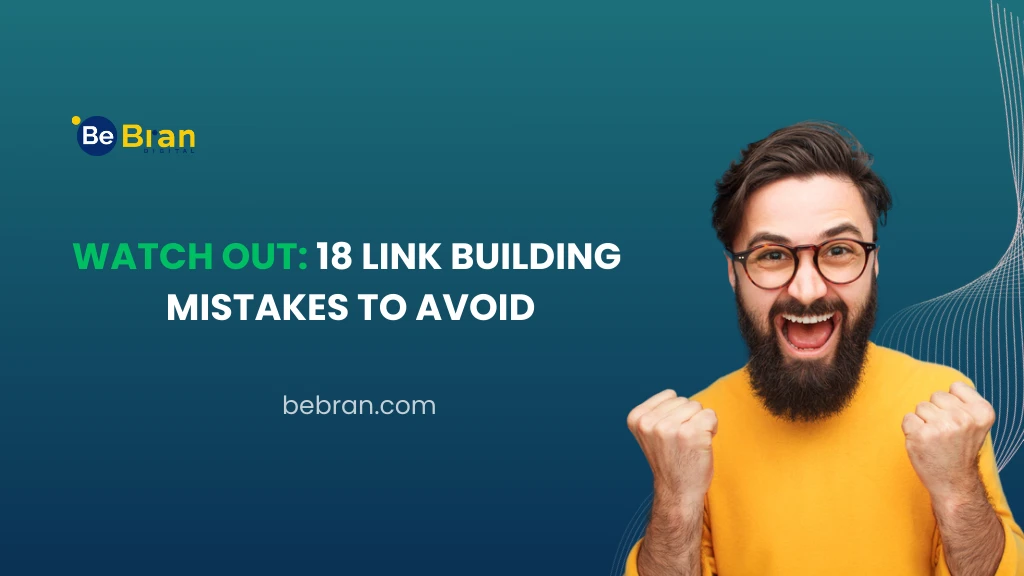
In the dynamic world of SEO, link building is a vital element. However, not all strategies are created equal. While some tactics can propel your website to greater heights, others can lead to detrimental consequences. This guide is your compass through the treacherous landscape of link building. We'll unveil 18 popular yet perilous tactics that you should steer clear of at all costs. By understanding the risks associated with these approaches, you'll be equipped to make informed decisions in your link building endeavors. Let's dive in and explore the strategies that can make or break your SEO success.
Link building is a crucial aspect of SEO (Search Engine Optimization) that involves acquiring hyperlinks from other websites to your own. While an effective link building strategy can significantly boost your website's visibility and rankings, misguided tactics can lead to several perils that undermine your SEO efforts.
One of the foremost perils of misguided link building tactics is the adverse impact on your SEO rankings. When you engage in unnatural, spammy, or low-quality link building practices, search engines like Google may penalize your website. This can result in a drop in your rankings, making it challenging for users to find your site through search queries.
Misguided link building can also lead to poor-quality backlinks that don't contribute positively to your SEO. Low-quality links from irrelevant or spammy websites can hurt your website's credibility in the eyes of search engines, causing a decrease in organic traffic and visibility.
Search engines employ complex algorithms to assess the quality and relevance of backlinks. When you use misguided link building tactics, you risk violating search engine guidelines, which can result in penalties. For instance, Google's algorithm updates, like Penguin, specifically target websites with unnatural or manipulative link profiles.
Penalties can range from a drop in rankings to complete removal from search engine results. Reversing the effects of penalties can be a lengthy and challenging process, often requiring a thorough audit and cleanup of your backlink profile.
Furthermore, misguided link building tactics can lead to the devaluation of your existing links. Search engines may devalue or discount the worth of backlinks they consider spammy or irrelevant, which can diminish the positive impact of genuine, high-quality links you've acquired.
Another peril of misguided link building is its negative impact on user experience. Users expect high-quality, relevant content when they click on a link. If they encounter spammy or irrelevant content due to misguided link building, it can result in a poor user experience.
High bounce rates, where users quickly leave your site after clicking on a link, can signal to search engines that your website doesn't offer valuable content. This can further harm your rankings and online reputation.
Misguided link building tactics can have severe consequences for your SEO efforts. They can lead to a drop in rankings, penalties, and devaluation of existing links. Additionally, poor link building can negatively impact user experience, which can, in turn, affect your website's performance in search engine results. To avoid these perils, it's essential to adopt ethical and strategic link building practices that prioritize high-quality, relevant backlinks
Avoid these 18 detrimental link building tactics to safeguard your website's SEO. Link farms and private blog networks generate low-quality backlinks. Low-quality or irrelevant directories offer little value. Excessive keyword use in the anchor text, known as keyword stuffing, looks unnatural. Paid links and link exchanges can result in penalties. Automated link building software often creates spammy links. Irrelevant guest posting and comment spamming harm your reputation. Article spinning and duplicate content can lead to duplication issues. Hidden text and links, reciprocal linking, and social bookmarking spam violate guidelines. Forum profile links and links in footers and sidebars are typically low-quality. Widget links with optimized anchor texts are discouraged. Paid social media links may not provide organic value. Press release links with over-optimized anchor texts can appear manipulative. Links from low-authority and spammy sites harm your credibility. Lastly, link schemes violating Google's guidelines should be avoided.
1. Link Farms and Private Blog Networks: Link farms and private blog networks are collections of websites created with the sole purpose of generating backlinks. These networks often feature low-quality content and exist primarily to manipulate search engine rankings. Search engines, like Google, consider them spammy and unethical. If your website is associated with these networks, it can face penalties and a significant drop in search rankings.
2. Low-Quality or Irrelevant Directories: Submitting your website to directories that lack authority or relevance can lead to poor-quality backlinks. These directories often have little to no editorial oversight, and their sole purpose is to host links. Links from such directories are typically seen as spam by search engines and can negatively impact your website's ranking and reputation.
3. Keyword-Stuffed Anchor Texts: Anchor text is the clickable text in a hyperlink. Stuffing anchor text with excessive keywords, a practice known as keyword stuffing, is an attempt to manipulate search rankings. This tactic can make your links appear unnatural and spammy to search engines, potentially leading to penalties and a drop in rankings.
4. Paid Links and Link Exchanges: Paying for links or engaging in link exchanges, where websites agree to link to each other solely to improve rankings, is against search engine guidelines. These tactics undermine the credibility of search results and can result in penalties for your website.
5. Automated Link Building Software: Automated link building software aims to create backlinks quickly and in large quantities. However, these tools often generate spammy and irrelevant links that can harm your website's reputation. Search engines can detect these unnatural patterns and penalize your site, leading to lower rankings and visibility.
6. Irrelevant Guest Posting: Guest posting involves creating content for other websites and including links back to your site. However, when you publish guest posts on websites that are unrelated to your niche or industry, the backlinks generated may not carry much relevance. Search engines prioritize relevant and high-quality backlinks, so irrelevant guest postings can lead to low-quality links that don't provide much SEO value. Moreover, if search engines detect a pattern of irrelevant guest posting solely for link building, it can result in penalties.
7. Comment Spamming: Comment spamming is a black-hat SEO technique that involves posting irrelevant or low-quality comments on blog posts or websites with the sole purpose of including links to your site. This practice not only annoys website owners and users but also damages your online reputation and SEO efforts. Search engines can identify comment spam and may penalize your website for engaging in such tactics.
8. Article Spinning and Duplicate Content: Article spinning involves taking existing content and using software to automatically rewrite it into multiple versions. Similarly, using duplicate content for link building involves reusing the same articles or content across multiple websites with minor variations. These tactics can lead to content penalties as search engines aim to provide unique and valuable content to users. If your content is deemed low-quality or duplicated, it can harm your website's credibility and rankings.

9. Hidden Text and Links: Hiding text or links on a webpage from users while making them visible to search engines is considered deceptive. It's an attempt to manipulate rankings by including additional keywords or links without providing value to users. Search engines can detect hidden text and links through their algorithms, and if your site is found to engage in this practice, it can result in penalties and loss of visibility in search results.
10. Reciprocal Linking Schemes: Reciprocal linking involves websites linking to each other solely for SEO purposes, often without relevance to the content or audience. While natural linking can be beneficial, reciprocal linking schemes are manipulative and can be seen as an attempt to artificially boost rankings. Search engines discourage such practices, and if identified, your website may face penalties and a drop in search rankings.
11. Social Bookmarking Spam: Social bookmarking spam involves submitting website URLs to various social bookmarking websites excessively and indiscriminately with the primary aim of generating backlinks. This tactic often results in low-quality links from sites that lack editorial control, relevance, or authority. While social bookmarking can be a legitimate way to share valuable content, spammy submissions can lead to penalties from search engines, affecting your site's rankings.
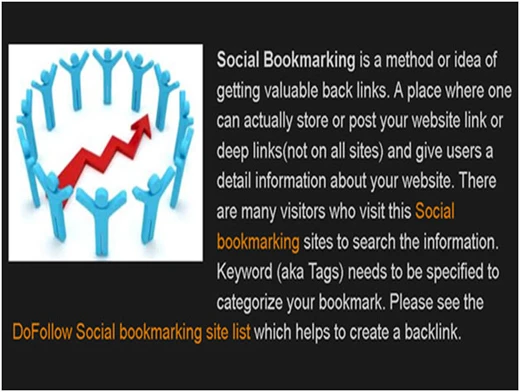
12. Forum Profile Links: Forum profile links are backlinks acquired by creating user profiles on online forums or discussion boards and adding links to your website within those profiles. While participating in forums relevant to your niche can be beneficial, creating profiles solely for link building is considered a spammy tactic. These links are often low in quality, and lacking relevance and authority. Moreover, forum administrators and search engines are quick to detect and penalize this practice.
13. Footer and Sidebar Links: Footer and sidebar links are often found on websites and blogs, appearing on every page of the site, regardless of content relevance. When these links are used excessively for link building, they can raise red flags with search engines. Google, in particular, discourages the use of site-wide footer and sidebar links for SEO purposes, as they may not reflect genuine editorial recommendations.
14. Widget Links with Optimized Anchor Texts: Widget links are links embedded within website widgets or tools, such as calculators, widgets, or plugins. These links may come with optimized anchor text, aiming to manipulate search engine rankings. Widget links can be problematic because they are often included in widgets distributed to multiple websites, leading to widespread, unnatural linking. Such practices can result in penalties and a loss of SEO credibility.
15. Paid Social Media Links: Paid social media links involve purchasing backlinks from social media accounts or posts to manipulate search engine rankings. These links are typically low-quality and considered unethical. Both search engines and social media platforms have strict policies against the buying and selling of links, and violations can result in penalties or account suspension.
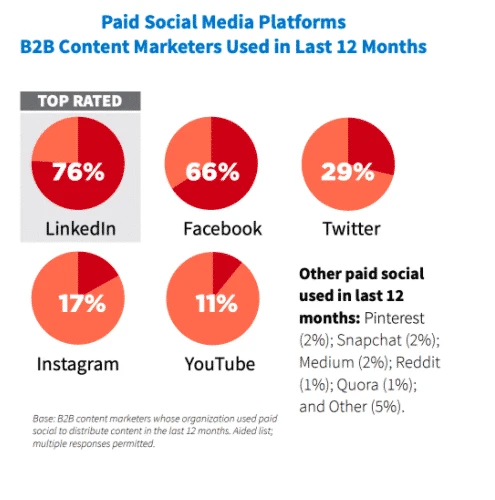
16. Press Release Links with Over-Optimized Anchor Texts: Press releases are a legitimate way to announce news and updates related to your business. However, when press releases are used primarily for link building and contain over-optimized anchor texts with keywords, they can be viewed as manipulative. Search engines may devalue or ignore such links, and there's a risk of violating search engine guidelines.
17. Links from Low-Authority and Spammy Sites: Acquiring backlinks from low-authority and spammy websites can harm your SEO efforts. These links lack credibility and relevance, and search engines often consider them spam. Over time, having too many such links can lead to a decrease in rankings and penalties.
18. Link Schemes That Violate Google's Guidelines: Google provides clear guidelines on what constitutes manipulative link schemes. Engaging in practices like link buying, link exchanges, link farms, or any other tactics intended to manipulate rankings violates these guidelines and can result in severe penalties. It's essential to adhere to ethical link building practices and focus on acquiring high-quality, natural backlinks to maintain a positive SEO profile.
Effective content strategies for ethical link building involve creating valuable, well-researched content, such as informative articles, infographics, and comprehensive guides. This content attracts natural backlinks from reputable sources, enhances SEO rankings, and establishes your website as an authoritative resource within your niche.
One of the most effective and ethical link-building tactics is creating high-quality, valuable content. This involves producing content that is informative, engaging, and genuinely helpful to your target audience. Such content can take various forms, including blog posts, articles, videos, podcasts, and more. The key is to provide information, insights, or solutions that address your audience's needs or interests.
When you consistently produce valuable content, other websites and blogs in your niche are more likely to link to your content as a reputable source of information. These natural backlinks are highly regarded by search engines and can positively impact your SEO rankings. Additionally, high-quality content tends to be shared on social media platforms, expanding your reach and increasing your chances of earning more backlinks.
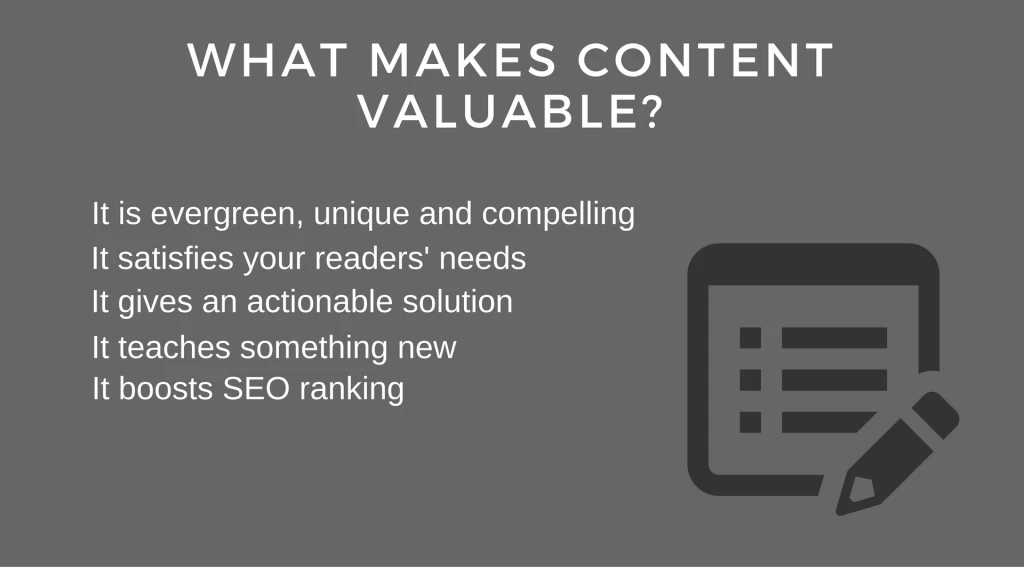
Infographics and visual content are powerful tools for building links and engaging your audience. Infographics, in particular, present complex information in a visually appealing and easy-to-understand format. They are highly shareable and often linked to other websites and blogs.
To leverage infographics and visual content for link building, create compelling visuals that convey valuable data, statistics, or insights related to your niche. Make these resources shareable by providing embed codes, making it easy for others to share them on their websites. When websites embed your infographics or visual content, they typically include a backlink to your site as a source, further enhancing your link profile.
Another effective content strategy for ethical link building is creating authoritative guides and resources. These comprehensive, in-depth pieces of content serve as go-to references within your industry or niche. They offer valuable information, step-by-step instructions, or comprehensive insights on specific topics.
Authoritative guides and resources are often linked to other websites, especially when they need to provide their audience with reliable information. When crafting such content, ensure that it is well-researched, up-to-date, and adds significant value to your audience. Over time, these resources can become link magnets, attracting backlinks from various sources.
Guest blogging, when done thoughtfully and within ethical boundaries, can be a valuable strategy for building links and expanding your online presence. The key to successful guest blogging is to contribute high-quality, informative content to reputable websites and blogs in your niche.
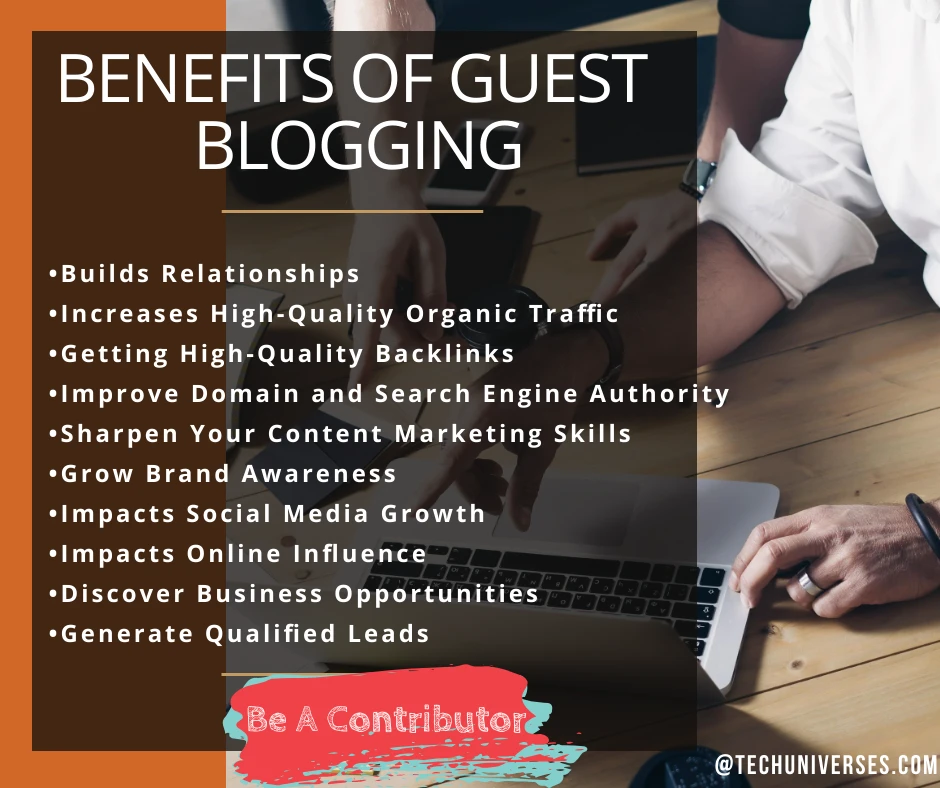
When you guest blog, you typically include a brief author bio with a link back to your website. The focus should be on providing value to the hosting site's audience rather than solely promoting your content. This approach builds relationships with other publishers and can lead to more opportunities for guest posting and natural backlinks.
In summary, content strategies for building links the right way involve creating high-quality, valuable content that addresses your audience's needs, utilizing visual content like infographics, producing authoritative guides and resources, and engaging in thoughtful guest blogging. These tactics not only help you earn ethical backlinks but also establish your website as a valuable resource within your niche.
In the intricate dance of SEO, link building is a crucial step. However, treading down the wrong path can lead to dire consequences. By steering clear of these 18 perilous link building tactics, you safeguard your website's rankings and reputation. Remember, quality and relevance should be at the heart of your link building strategy. Embrace legitimate content-driven approaches, and watch your website soar to new heights of success. Choose wisely, and let your links be a testament to the value your content provides. Elevate your link building endeavors with strategies that stand the test of time and algorithm updates.
1. What are link building mistakes?
Link building mistakes are errors or practices that can harm your website's SEO and reputation when trying to acquire backlinks.
2. Why should I avoid link building mistakes?
Avoiding mistakes is crucial to maintaining a positive online presence, ranking well on search engines, and building a trustworthy website.
3. What's the risk of link building mistakes?
The risks include penalties from search engines, decreased rankings, and potential damage to your website's credibility.
4. Can I use automated tools for link building?
Using automated tools is generally a mistake, as it can lead to spammy backlinks and penalties.
5. Is it okay to buy backlinks?
No, buying backlinks is a mistake and violates search engine guidelines, risking penalties.
6. Should I stuff keywords in anchor text?
Keyword stuffing in anchor text is a mistake, as it can trigger search engine penalties. Use natural, relevant anchor text.
7. Is guest blogging on unrelated websites advisable?
No, guest blogging on unrelated sites is a mistake as it generates low-quality backlinks. Focus on relevant and authoritative platforms.
8. Should I engage in social bookmarking spam?
No, social bookmarking spam is a link building mistake and can lead to spammy backlinks, negatively impacting your SEO efforts.

